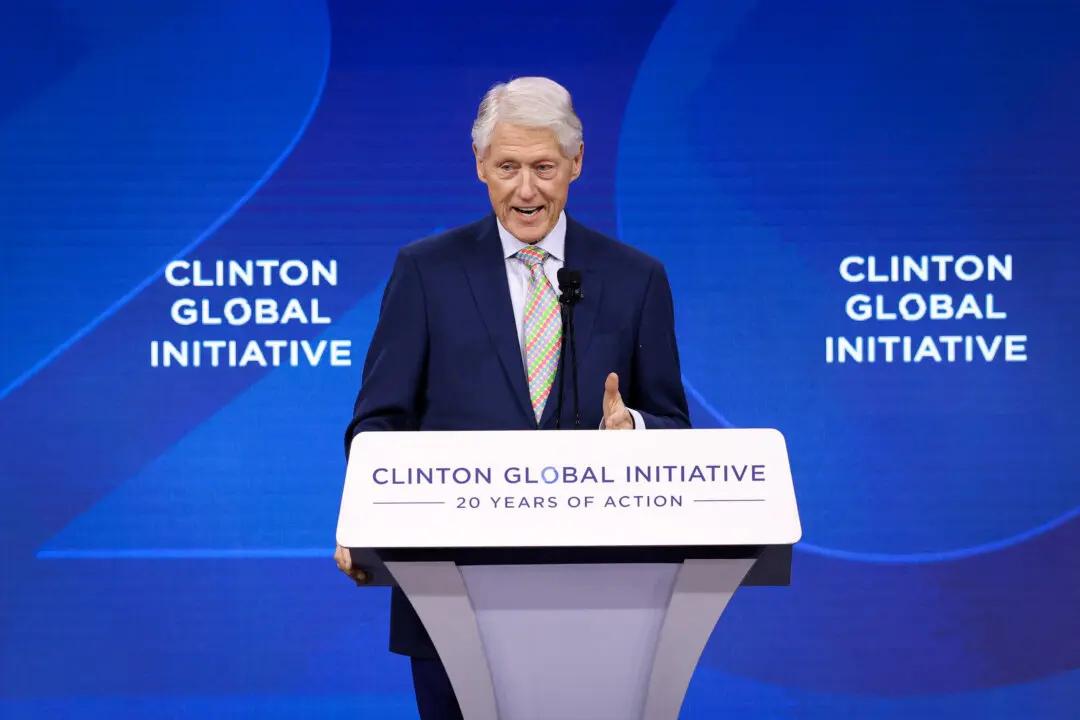A Harvard Business School professor has been placed on leave amid accusations that she fabricated data that underpinned multiple peer-reviewed studies.
Behavioral scientists, including Leif Nelson, analyzed some of the studies co-authored by Harvard professor of business administration Francesca Gino. They found signs that data used in at least three of the studies were fabricated to support the authors’ hypotheses, including data used in a study that has already been retracted.





